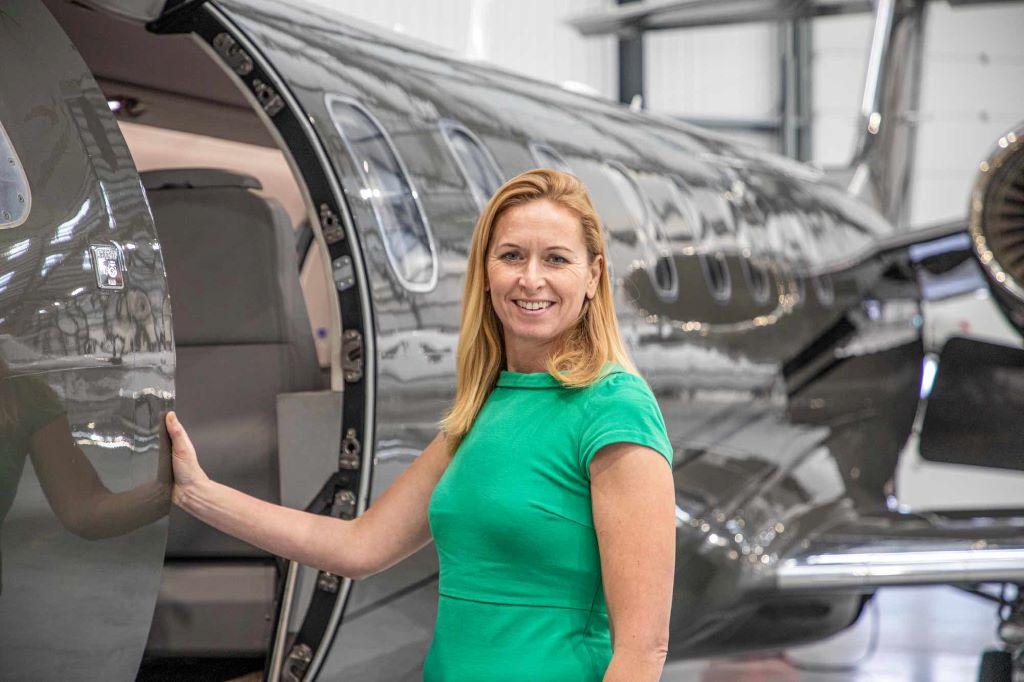
Credit: Mike Rivett / SaxonAir
If proof were needed that business aviation is a sector that is open to and welcoming of those with skills and experience gained in other industries, Lindsey Oliver’s CV might provide it. A farmer’s daughter from Buckinghamshire, England, she studied agriculture and animal science at university, and...
Subscription Required
Sounding Board: Five Minutes With Lindsey Oliver, MD, BBGA is published in The Weekly of Business Aviation, an Aviation Week Intelligence Network (AWIN) Market Briefing and is included with your AWIN membership.
Already a member of AWIN or subscribe to The Weekly of Business Aviation through your company? Login with your existing email and password.
Not a member? Learn how you can access the market intelligence and data you need to stay abreast of what's happening in the business aviation community.





